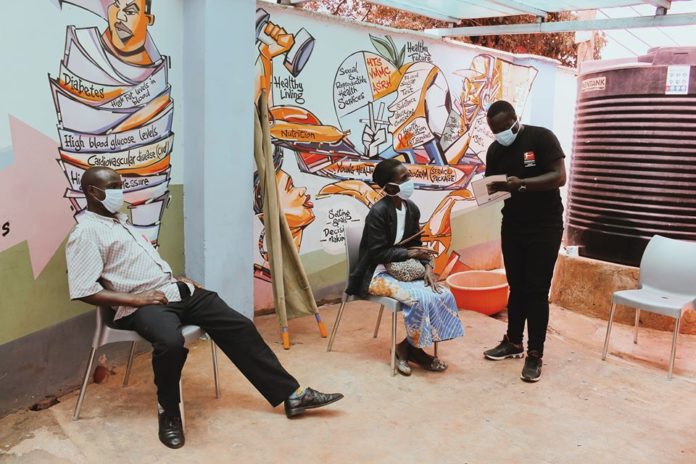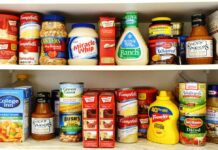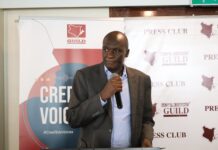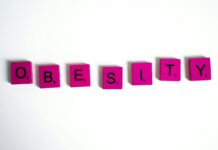By Henry Owino
Nairobi, Kenya: In Kenya, the majority of elderly people are living with underlying medical conditions which require frequent medical attention. With Covid-19 in place, the need for these healthcare services has tremendously increased and is even more demanding than ever before.
Many elderly people in Nairobi especially in informal settlements are either adults living alone or with their adult children to take care of their health problems concerns.
Being an elderly person is an honored thing in society for wisdom and experiences. However, concerning the coronavirus pandemic, the elderly are considered among the people who are most vulnerable and at risk of contracting it.
This is so due to their low body immune systems considering age factor thus exposing them to other several health challenges termed as underlying medical conditions or pre-existing health factors.
Josephine Amondi aged 67, claims healthcare services in Nairobi County are easily accessible compared to the countryside. Amondi emphasized in the capital city, patients can literally walk for medical check-ups, without appointments as health workers are always available.
“Best doctors are in Nairobi. So, people prefer healthcare services offered in Nairobi compared to the upcountry where health-workers are inadequate,” Raphael Radul, aged 61 said. Again most of the health facilities in the rural are not well equipped compared to hospitals in Nairobi,” he affirmed.
“For example, I am have been living with diabetes and high blood pressure combined. It is a condition that requires regular medical check-ups, not by any health worker but a specialized physician,” Radul explained. “Additionally, a doctor in the village works in several hospitals, meaning they are not readily available unless with prior appointment,” he said.
“So, personally after weighing all these options, I decided to settle in Nairobi. Here there are also opportunities for income-generating activities for survival,” Radul who is a private security guard said.
Radul however laments that since the Covid-19 pandemic came into existence, many things have totally changed for the worse. For instance, he said accessing Kenyatta national and referral hospital is a nightmare. This is because the hospital had been turned into a Covid-19 treatment center scaring away clinically vulnerable patients.
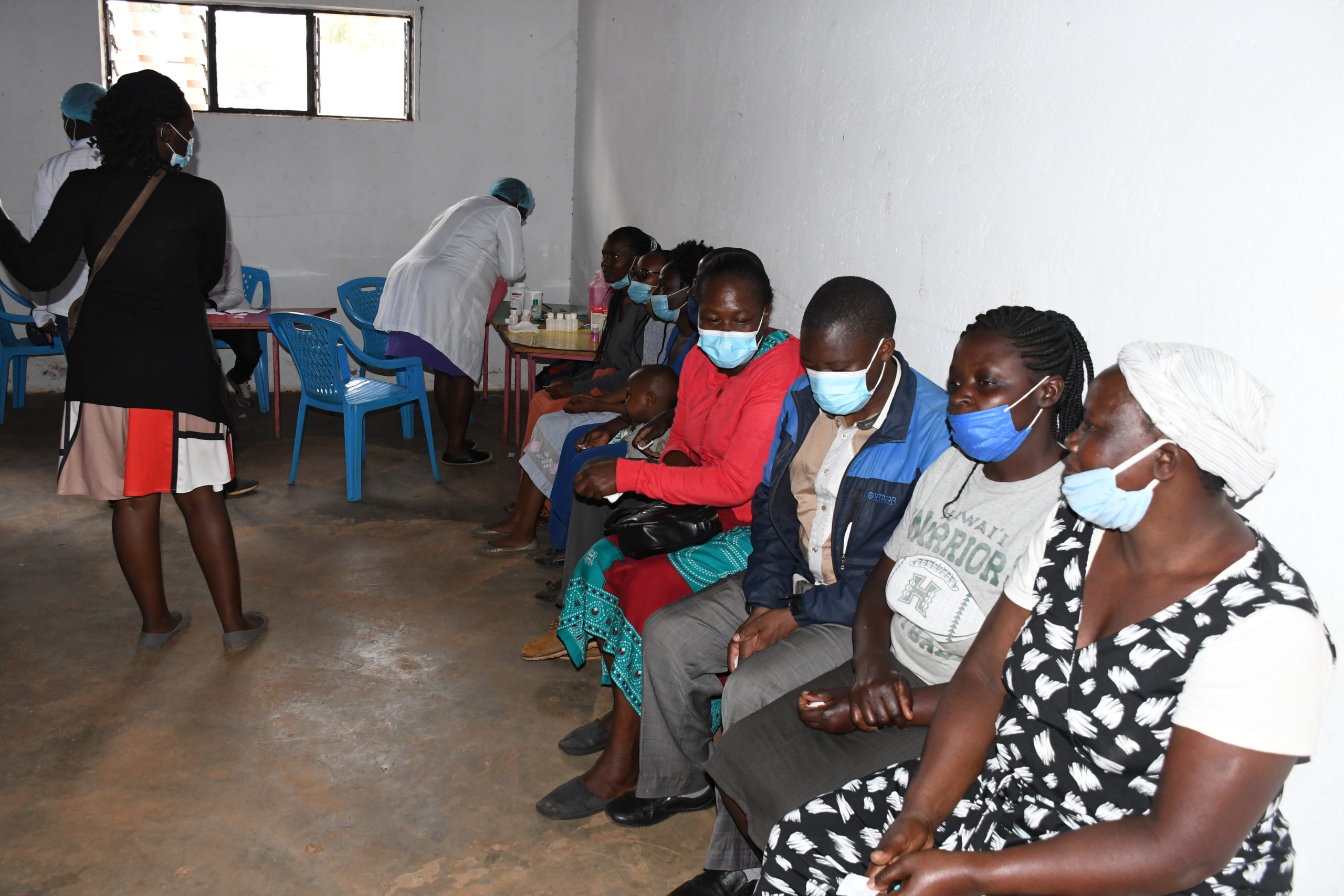
Radul is not the only one facing these challenges of accessing hospitals for frequent medical check-up. There are many people like him that the Covid-19 pandemic has unfortunately added burden to their already existing afflictions, complicating healthcare need requirements.
In efforts to save the lives of such clinically vulnerable patients from worsening due to inaccessible healthcare systems in Kibera, local health facilities teamed up to save the situation. They are reaching out to such patients in their homes.
Carolina for Kibera (CFK) and Tabitha health centers in partnership with other local health facilities within Kibera are offering the medical services.
Beneficiaries
Stacy Mwikali is 65 years old and with a high blood pressure condition. She is among the beneficiaries receiving these free medical services within Kibera. Mwikali is a resident of Kibera and used to visit Mbagathi County Hospital for her healthcare services earlier on but currently, it is impossible.
Mbagathi County hospital had been converted into a Covid-19 treatment center blocking several patients from the dire need of medical services. Fortunately, Mwikali is among elderly residents enjoying mobile healthcare services going on in Kibera especially targeting the elderly who are most vulnerable to Covid-19.
“I do have high blood pressure, a condition I developed in my old age. I have lived with this condition for 4 years now, managing it with prescribed drugs. To date, I can sense some symptoms and visit the hospital but Covid-19 has made it difficult,” Mwikali revealed.
Mwikali said from her experience, high blood pressure needs constant medication. It involves regular testing of blood sugar levels and visiting the health center almost fortnightly for other medical checkups.
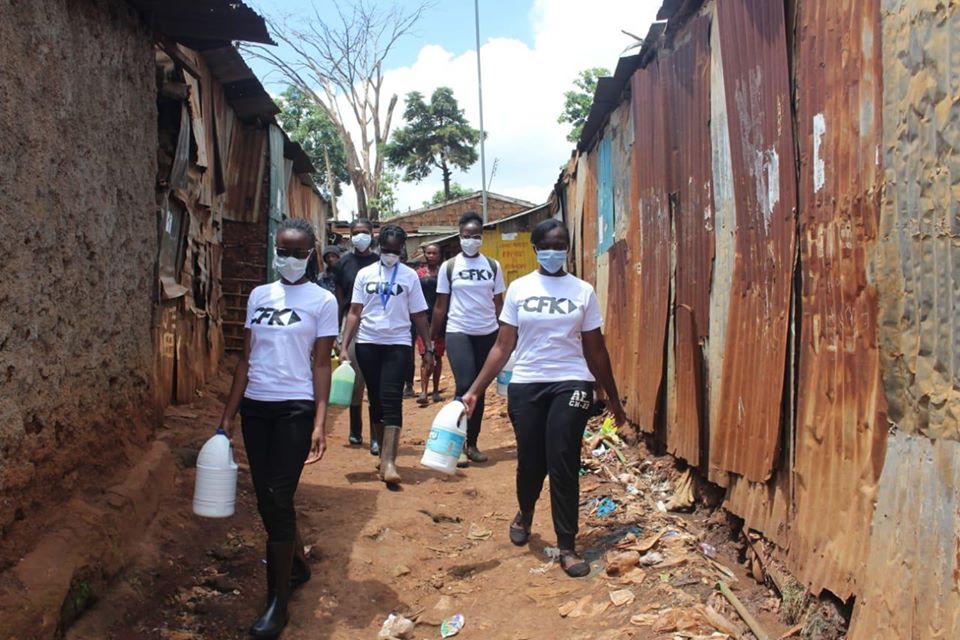
“I am extremely happy and satisfied with the services offered by these mobile health-workers in Kibera. Had it not been for them with relentless and tireless healthcare provision, I think I could have been buried long ago,” Mwikali said excitedly.
While expressing her excitement, Mwikali said the free medical camp is well organized, no long queue hence it takes the shortest time possible for a patient to be served. She congratulated the organizers, nurses for being friendly, receiving patients warmly unlike in public health facilities where nurses are ever arrogant and busybodies.
Daniel Maranga on the other hand, could not hide his bliss. He said the community health volunteers (CHVs) who have been reaching out to the elderly with underlying medical conditions are a superb team. For him aged 64, it is a revival in life because Covid-19 had made the situation unbearable.
Maranga laments he saw death coming his way knocking at the door but efforts of CHVs deployed in the estate revived him. He complained as long as one has a health condition and they cannot access a health facility, it means death.
Maranga said private clinics were extremely expensive and again everyone else was rushing there forcing management to increase medical bills.
“I am so grateful to Carolina for Kibera(CFK ) and Tabitha health centers for the good work they are doing to save lives of the aged residents of Kibera. Had it not been for the consistent healthcare services they voluntarily offer to us, many could have died by now,” Maranga applauded the team.
“Hospital ought not to be feared but Covid-19 has scared people away from the environment as a risky place. Patients with underlying health conditions who frequently visit such places for medical services have been put off,” he argued. For example, an elderly with diabetes or high pressure are scared and can not go to hospital frequently due to information they are receiving to be very susceptible to Covid-19,” Maranga complained.
“I have never stepped to any healthcare facility from the day Covid-19 was confirmed in the country because of information I got in media. The announcement scared everybody but the elderly like me had to be very cautious especially from Kibera because of crowded settlements,” Maranga said.
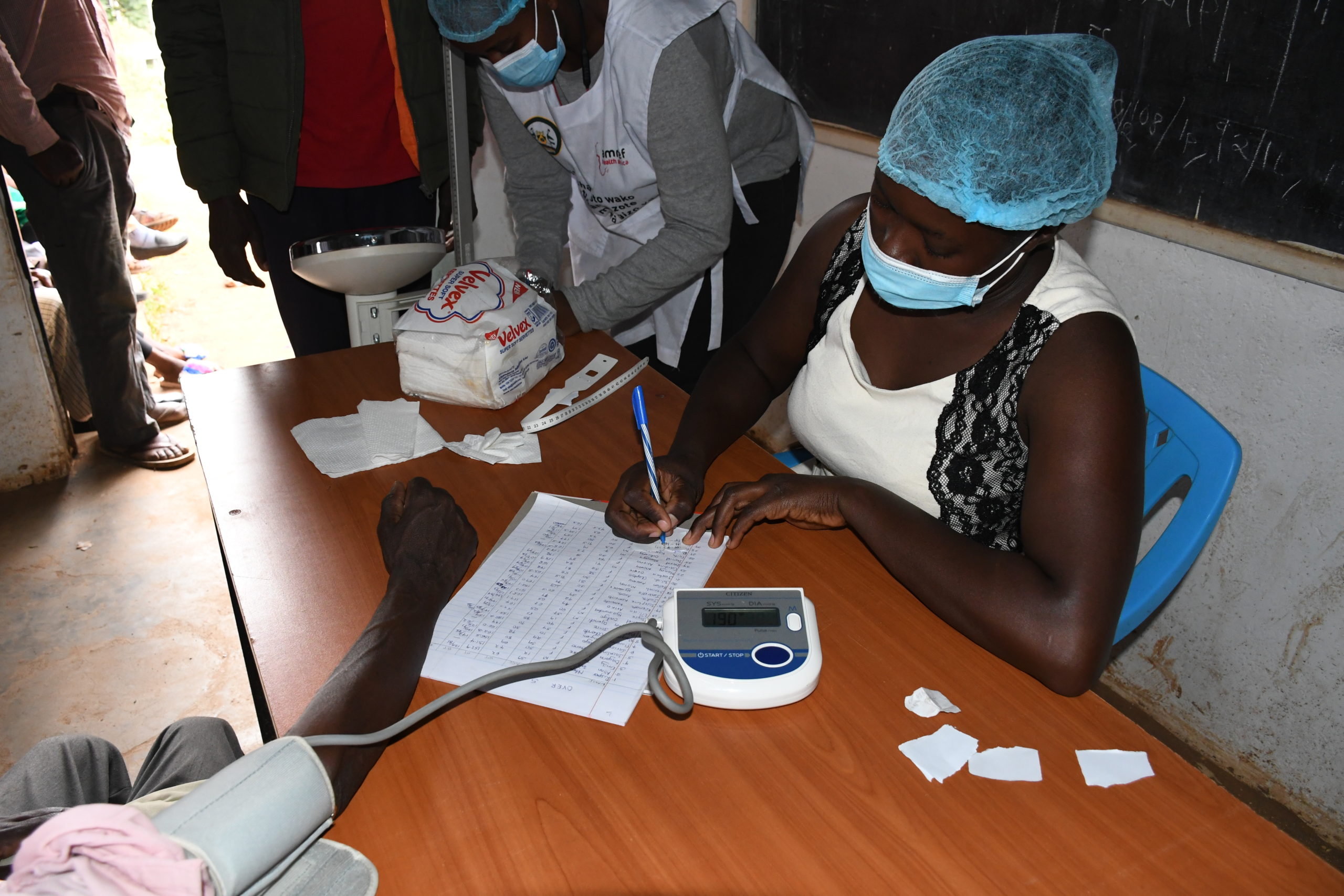
Maranga is among the few lucky elderly residents in Kibera who benefit from the weekly healthcare services offered by health workers from CFK and Tabitha health centers. He said healthcare services provision are perfectly done while the free medical camp reaches out to everybody regardless of age.
Another beneficiary, Julia Chepto also echoed the same sentiments adding that emergency toll-free numbers are key in reaching out to residents. She admitted the numbers are reachable all the time daily making the healthcare services program a safe haven in the Kibera community.
Chepto is however concerned and doubting whether the program would last long enough for residents to continue benefiting. She expressed this as her fears following previous programs which usually fold down surprisingly. For Covid-19, her main worry is a huge number of residents in Kibera who have not been vaccinated against the virus.
Dominic Kwaba is 32 years old and is delighted with how the health workers handle patients with a lot of respect and dignity. He said the decorum of nurses alone, would encourage a patient to open up and talk freely about their health problems without shame.
Kwaba said he was hesitant to go for the free medical camp for check-ups but a friend convinced him that the health workers were exceptionally considerate.
“I came here and surveyed the situation first then decided to join the queue not for Covid-19 testing but for the general blood test. I am a happy young man now but still taking precautions because temptations are out there to pull you down,” Kwaba disclosed.
According to World Health Organization (WHO), older adults are more likely to get severely ill from Covid-19. More than 80 percent of Covid-19 deaths occur in people over age 65, and more than 95 percent of Covid deaths occur in people older than 45 years.
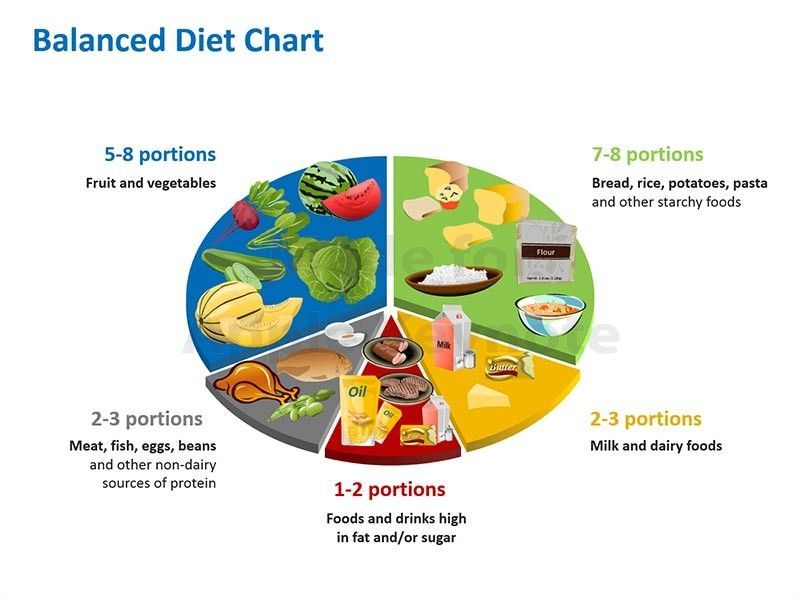
It is through these data that the Government of Kenya through the Ministry of Health directed persons aged 58 years and above to work from home. Working in the office stations increases the chances of contracting the deadly virus. Employers from the private sector had no option but to follow suit.
The guidelines were in accordance with the Covid-19 protocol aimed at minimizing the chances of coronavirus spreading to older persons whose body immune systems are a bit weaker compared to a younger generation.
Ramifications
The government directive was extended to worship places or faith-based organizations such as churches, mosques, temples, and shrines. The majority of those who complained and opposed this directive are the elderly. They did so thinking that the government was against the elderly services hence time to render them irrelevant in modern society.
In Kibera there are over 100 Christian denominations excluding Muslims and other religions. These denominations have branches within the same area making Kibera religiously monotonous. The churches are headed by the elderly or are in influential positions that in their absence such churches automatically collapse.
Maroche Ogola is an elderly Pastor leading a church based in Kibera with over 300 followers. He said as much as the government wanted to regulate the church in name of the Covid-19 pandemic, it was unfair. He argued that God Himself knows the presence of Covid-19 and would protect faithful churchgoers from the pandemic.
Ogola complained that the elderly understand the Scriptures and are versed with plenty of experiences to lead church members. He said young people might deviate from doctrine and come up with new principles that suit them outside Scriptures hence turning the country into chaos or mischievous worship.
Again many health facilities were either turned into Covid-19 Quarantine Facilities or Covid Treatment Centres. This put off many members of the public from visiting healthcare facilities and resorting to over-the-counter self-medication.
“The Bible says that God directs His servants eat from their temples. Meaning church offerings are meant for the Pastors to take home and use. It is at the church where we earn our living for daily bread as servants of God,” Ogola commented.
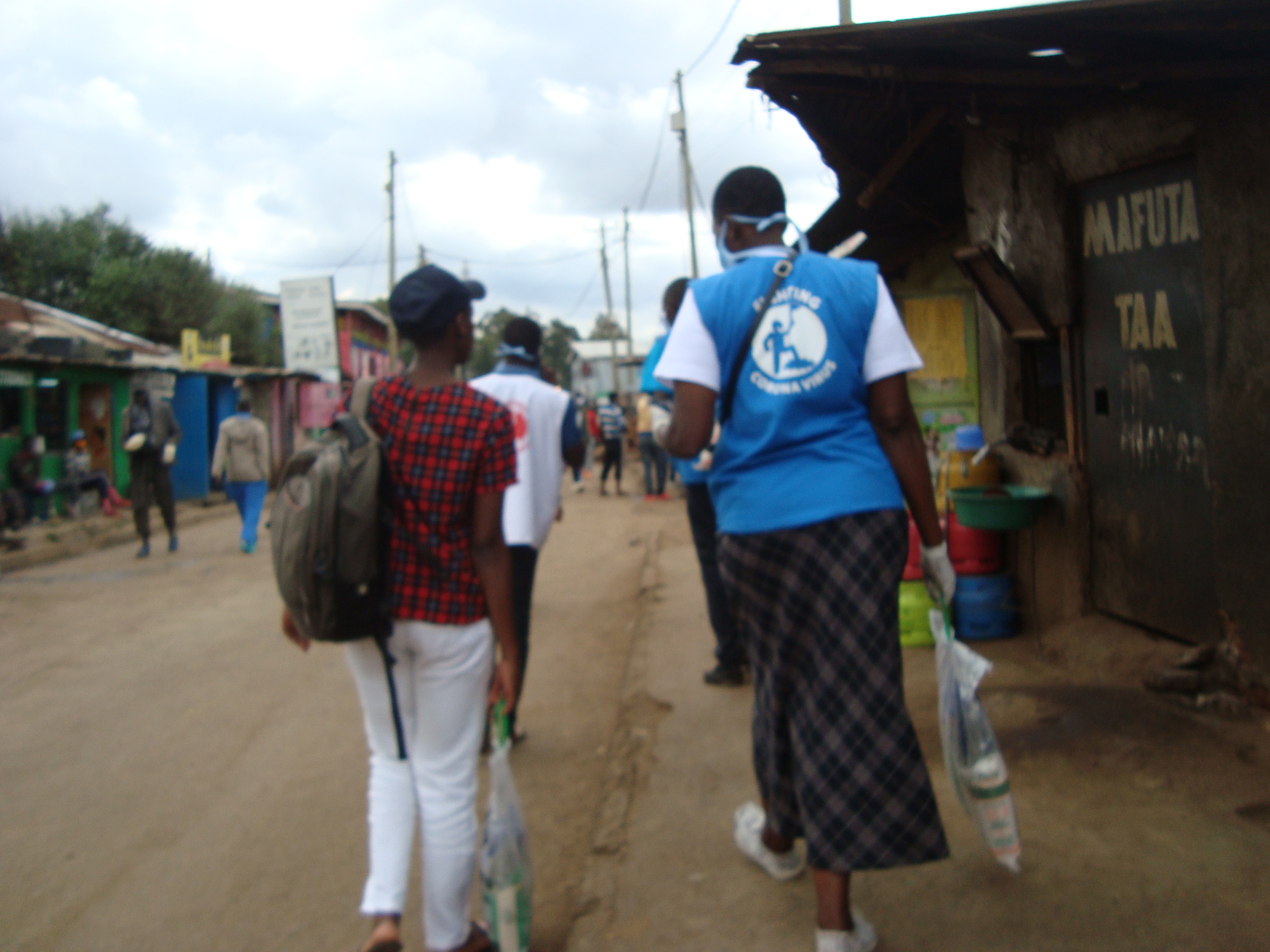
Results
According to Dr. Eddah Ogogo, Primary Healthcare Program Coordinator at Carolina for Kibera (CFK), Covid-19 came with a lot of challenges, not just healthcare services. It has disintegrated families owing to the harsh economic situation. Many family members lost jobs making it difficult to continue with the usual budget. Others cannot make ends meet culminating in stress or depression.
Dr. Ogogo said from her own observation, young people have changed; they are quick-tempered, unable to control themselves hence acting without a second thought. The consequences are part of news watched/read/listened to all over media outlets. Suicides, murders are some of the happenings.
“In my view, it is completely different from the elderly persons who usually absorb such anger and shocks internally. Nevertheless, when it accumulates, repercussion includes underlying health conditions such as high blood pressure, heart diseases among other conditions,” Dr. Ogogo disclosed.
Dr. Ogogo cautions that unmanaged stress can easily result in premature natural death. Known conditions such as high blood pressure, heart diseases, related illnesses can only be managed not curable. She explained this is is why immediate intervention to reach out to the elderly with an array of healthcare services is crucial during Covid-19.
“We are involved in reaching out to these elderly people with numerous simple healthcare assortments. Exercising, diet or nutrition, and routine check-ups to avert possible severe sickness are of what we do,” Dr. Ogogo hinted. Another area of concern is updates on Covid-19 situation, ensuring they practice and adhere to virus containment measures and letting elderly speak out or share their grievances/challenges which are also very healthy as therapy at the moment,” she emphasized.
“Ageing people believe in being recognized or given opportunities to participate in community activities which of course is psychotherapy in itself. We encourage all these initiatives to reduce stress and prevent further damage of prevailing underlying health conditions to Covid-19,” Dr. Ogogo explained.
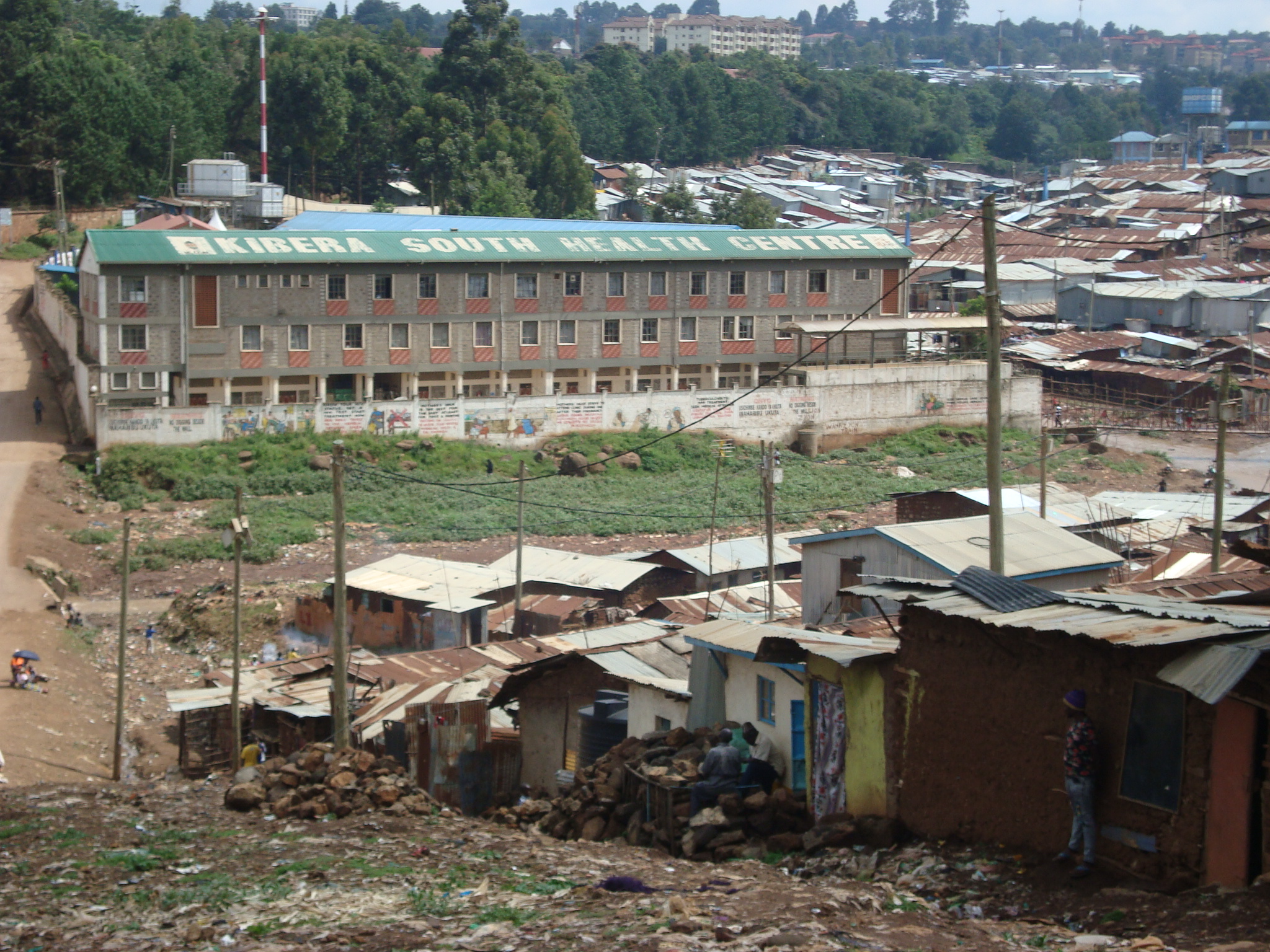
Cases
Laurine Atieno, one of the nurses disclosed that most of the older people she supports have multiple or severe health conditions. This puts them at long-standing systemic health and social inequities thus increasing the risk of getting sick and dying from Covid-19.
So, referrals are inevitable for serious conditions.
“The aged with underlying medical conditions such as cancer, chronic kidney failure disease of any stage can make them more likely to get severely ill from Covid-19. They are usually more susceptible to Covid-19 because of weak immune systems to fight back germs, therefore, may end up with severe illness,” Ms. Atieno clarified.
“Severe illness means that a person with Covid-19 may need hospitalization, intensive care, ventilator to help them breathe or they may even die in the process. So, our work here in Kibera is to ensure that we work around the clock to avert such possibilities,” Ms. Atieno explained.
Nonetheless, Dr. Ogogo emphasized that most patients who are attacked by Covid-19, do not die as a result of it, but because of underlying health conditions. She advised early detection of Covid-19 can save a life but most people prefer to wait until it is too late to help. So, she is encouraging people to listen to body reactions/symptoms or any unusual body functions to seek immediate medical attention.
She revealed there are so many elderly with conditions but at the moment they work with approximately 400 in Kibera. The program started in mid-2020 when hospitals were ‘no going zone’. She disclosed many lives have been saved at home and hospital’s ICU Wards and only three patients have passed on to date.
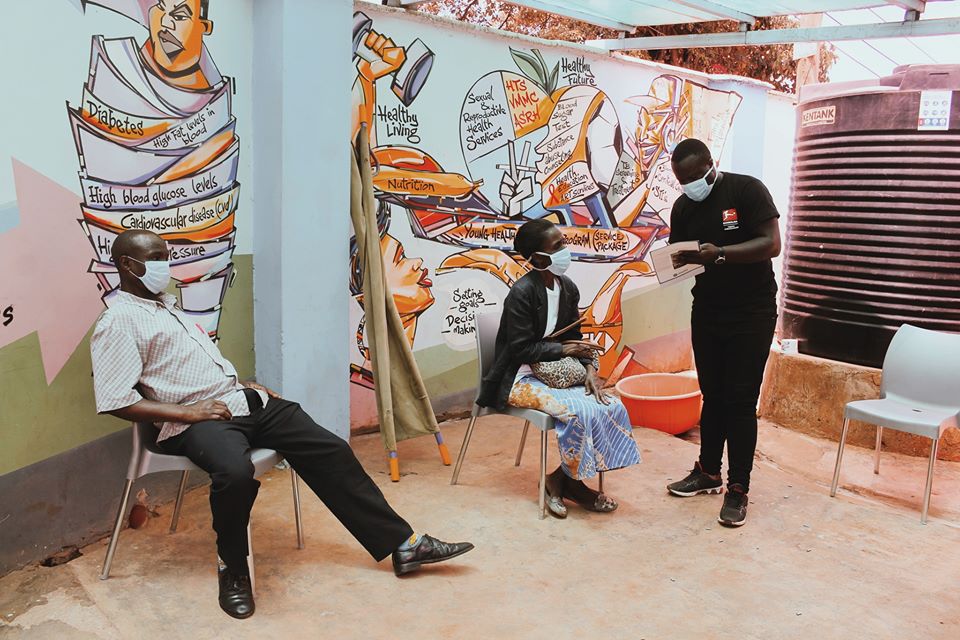
“Our aim is to reduce getting to the severity of illness which means full Covid-19 treatment which is extremely expensive. ICU Wards are currently not easily accessible due to high demand and inadequate availability of oxygen cylinders,” Dr. Ogogo cautioned.
“Again the way Covid-19 has been branded, it stigmatizes people to the extent of instilling fear not to seek healthcare services help. This is owing to the stigma and stereotypes associated with Covid-19 in Kibera. For instance, 14 days quarantine scare residents, they term it as lonely sickness thus one is ostracized and discriminated upon even after recovery,” she regretted.
“We have a team of 10 nurses and 5 doctors who are behind this initiative to help reach out to the specific elderly for Covid-19 challenges within Kibera informal settlements. The response so far has been good and some even call us directly in case of emergency using a toll-free line which is encouraging,” Dr. Ogogo affirmed.
Every nurse is responsible for 40 patients working very closely with the doctors. The intervention includes making the referral to Kenyatta National hospital or Mbagathi County hospital which currently handles the Covid-19 pandemic.
Challenges
Marceline Ochieng, Health Nutritionist and team leader during the Free Medical Camp check-ups said Kibera South Health Centre has been converted into a quarantine facility. So, Kibera residents are blocked from any medication apart from CFK and Tabitha Health Centres.
Consequently, most elderly members in Kibera community prefer free medical camps where nurses and doctors can observe them as they also meet their age mates. The challenge is that free medical camps cannot be on a daily or weekly basis due to financial constraints.
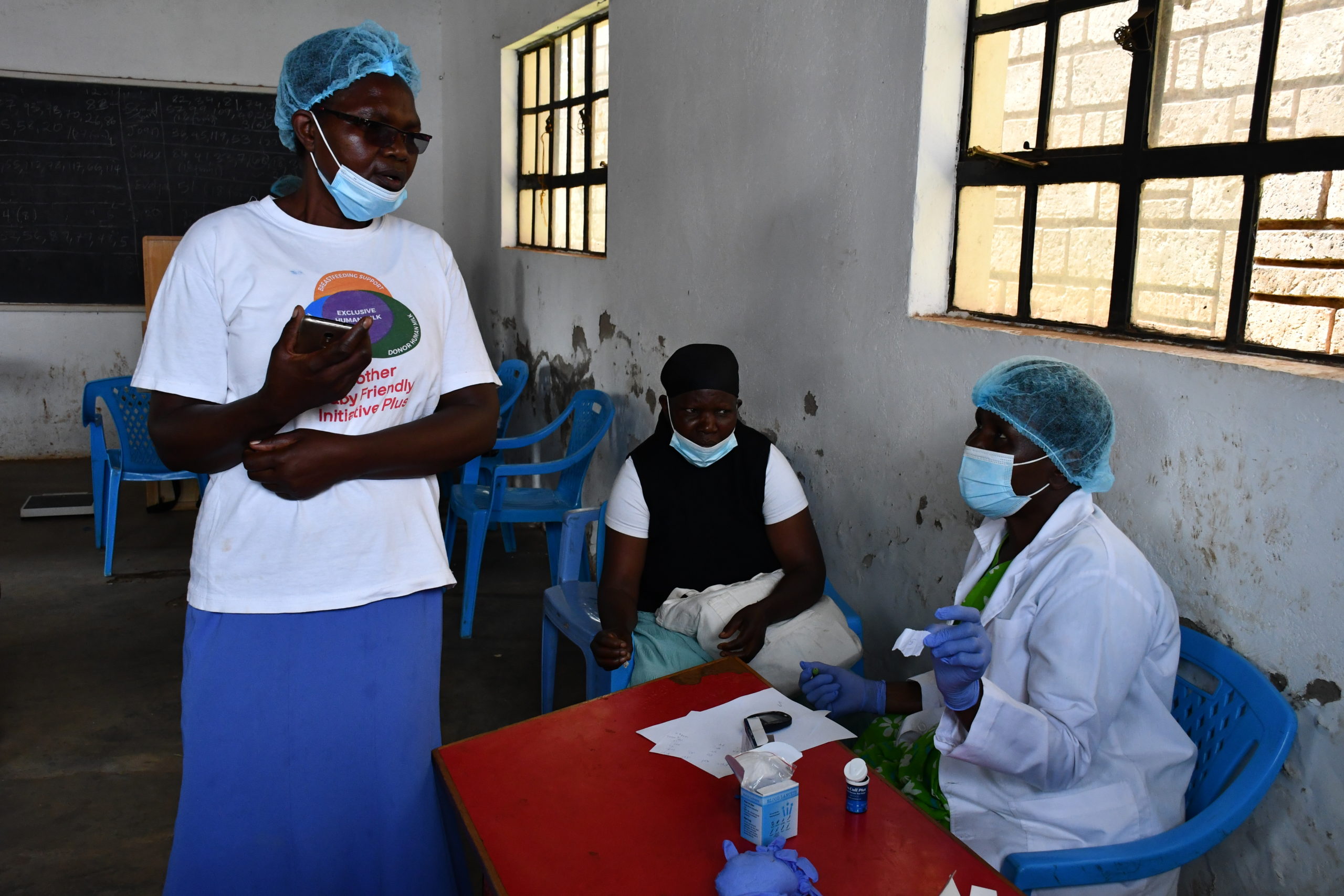
Mrs. Ochieng said while every health worker is assigned specific duties during free medical camps, her personal objective is to see that any elderly person with an immunocompromised state (weakened immune system) is well acquainted with a balanced diet. She affirmed that a proper feeding diet enables one’s body to build strong immune systems that help to fight disease-causing germs.
The nutritionist regrets that majority of the elderly she has been reaching out to, dislike vegetables or greens without knowing their nutritional value. So, she is sometimes forced to sweet talk them considering their age and health conditions to help them accept the diet.
“It has been a long journey working with these elderly people from the onset of Covid-19 in our midst. The challenges are not limited to their slow pace of thinking, hearing, comprehending, forgetfulness, language barrier which are sometimes determined by mood,” Mrs. Ochieng noted.
“However, this is why healthcare services provider is a special career beyond the call of duty, not just a professional salary. It entails working odd and long hours, serving patients with love, humility, and persistently to save lives. With Covid-19, more care is needed and services are more demanding than ever before,” Mrs. Ocheing observed.
Mrs. Ochieng noted that the elderly patients also prefer healthcare workers who are a bit mature not youthful. This is because they believe in nurses with long experience in the profession, they are also comfortable older nurses and can share some private health concerns without shame.

